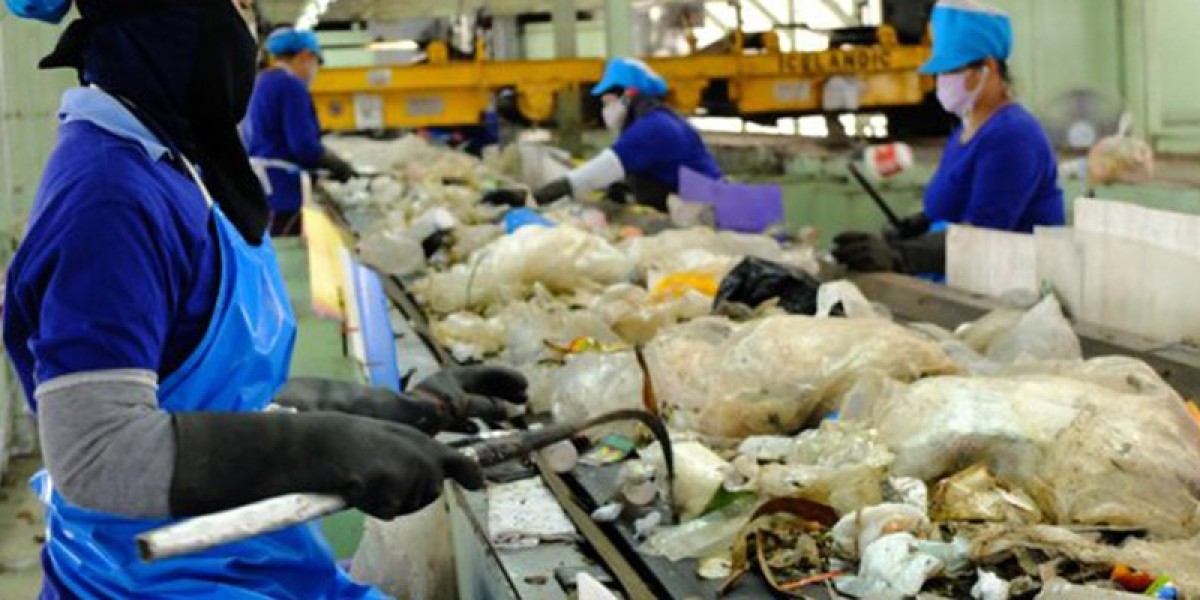In Australia, effective waste management is critically important for several reasons that touch on our environment, the economy, and the health of our communities.
Environmental Protection
Australia faces serious environmental challenges when it comes to waste. Each year, the country generates about 67 million tonnes of waste.
That works out to around 2.7 tonnes for every Aussie—pretty high compared to many other countries. A significant chunk of this waste, especially food scraps and yard waste (known as organic waste), goes straight into landfills.
When organic waste decomposes in landfills without oxygen, it produces methane, a greenhouse gas that contributes to climate change. Effective waste management practices—such as recycling, composting, and resource recovery—help to lessen these environmental impacts.
By properly sorting our waste, we can reduce the amount that goes to landfills, which in turn reduces the harmful gases released into our atmosphere. This is crucial for preserving our beautiful landscapes, protecting wildlife, and ensuring a healthier planet for future generations.
The Circular Economy
The Australian government has introduced a National Waste Policy aimed at creating a circular economy. But what exactly does that mean?
A circular economy is all about reducing waste and reusing materials as much as possible. Instead of the traditional "take, make, dispose" model, where we use resources and then throw them away, the idea is to recycle and repurpose materials to keep them in use for as long as possible.
The policy sets ambitious goals: it plans to recover 80% of all waste by 2030 and to cut the amount of organic waste sent to landfills in half. This means that many everyday products could be reused or recycled instead of being tossed away.
For example, plastic bottles can be turned into new containers, while food scraps can be composted to enrich soil. By working towards a circular economy, we not only help the environment but also reduce our reliance on new raw materials, which can be costly and damaging to extract.
Economic Opportunities
Investing in better waste management practices also offers significant economic benefits. The government has dedicated funds to improve recycling programs and reduce our reliance on landfills.
This effort is expected to create thousands of jobs in the recycling and waste management sectors. Whether it’s picking up the trash, sorting recyclables at a facility, or developing new technologies for waste processing, there are many opportunities for employment in this field. Additionally, by boosting our domestic recycling capabilities, Australia can lessen its dependence on other countries for waste processing, especially in light of recent restrictions on waste imports in places like China.
This not only keeps jobs at home but also creates a more sustainable economic model for managing our resources.
Community Engagement and Education
Waste management isn’t just the job of the government or waste management companies; it involves all of us! Local governments play a crucial role in educating the community about proper waste disposal and recycling practices.
Many of us may not realise how we can reduce our waste or how to recycle effectively. By sharing knowledge and resources, communities can significantly improve recycling rates.
Currently, Australia lags behind many developed countries, with around 40% of waste still heading to landfills. This means there’s a lot of room for improvement!
Community programs and educational campaigns can encourage people to take part in recycling initiatives, composting, and simply reducing the amount of waste they produce. The more engaged we are, the better we can manage our waste and its impact on the environment.
In summary, effective waste management in Australia is essential for a healthier environment, a stronger economy, and engaged communities. By addressing the challenges associated with waste generation, we can protect our beautiful landscapes and reduce harmful emissions.
By embracing the principles of a circular economy, we can make the most of our resources and reduce waste, leading to more job opportunities and a stronger economy. To support this goal, contact WasteVantage for a free skip hire management software consultation that can help you manage resources more efficiently.
The journey to better waste management starts with each of us. By recycling, composting, and being mindful of our waste, we can contribute to a cleaner, greener, and more sustainable future for ourselves and generations to come.
So let’s all do our part—together, we can turn the tide on waste!








